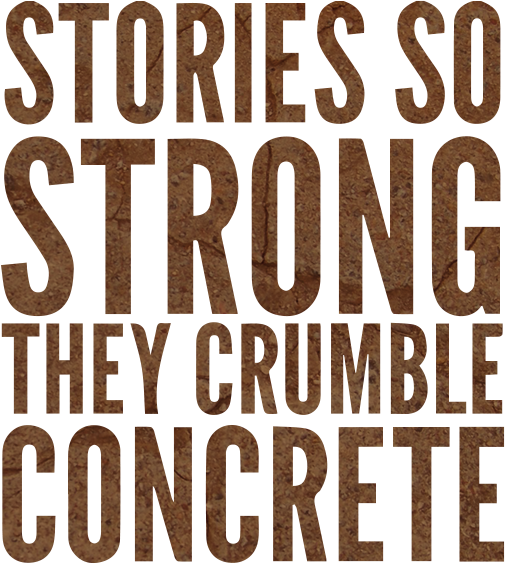gender
Excerpt — Inside This Place, Not of It: Narratives From Women’s Prisons
by Ayelet Waldman & Robin Levi
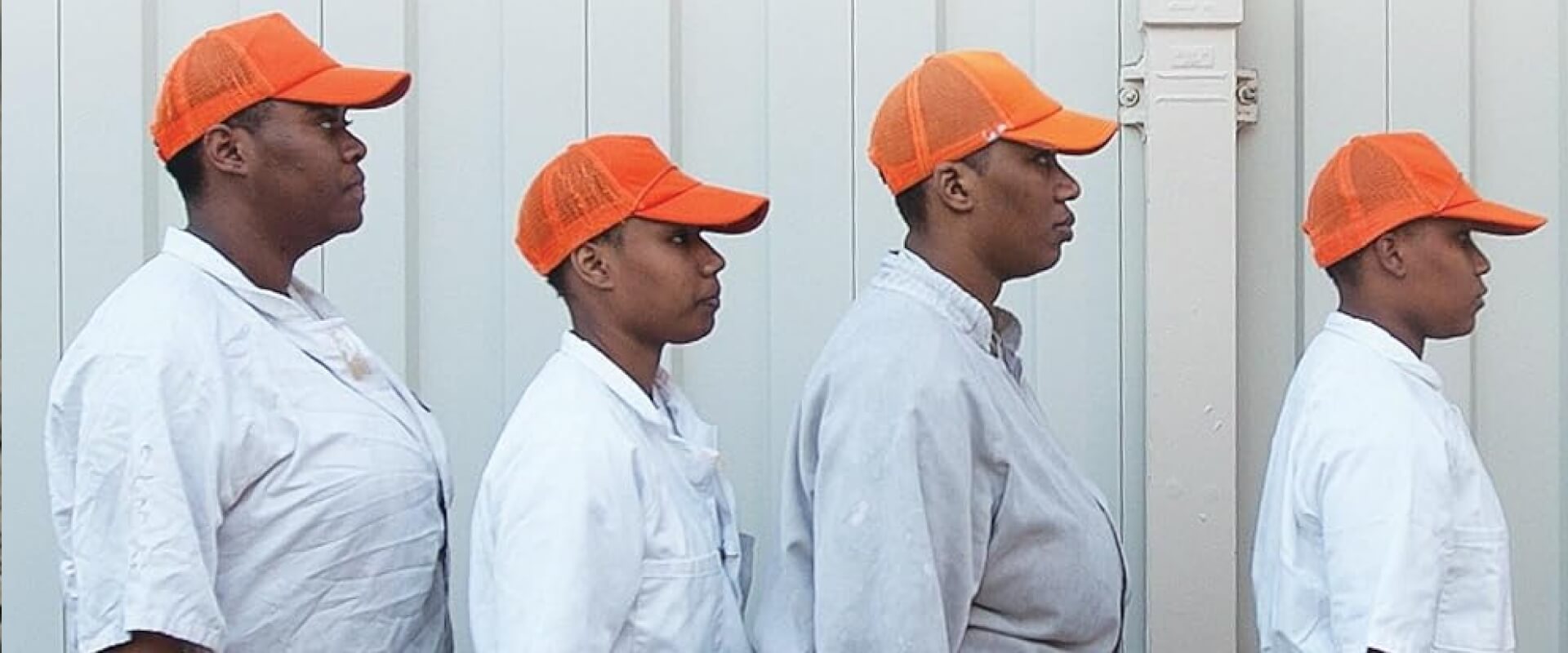
Sarah Chase’s narrative is one of the oral histories that appears in the forthcoming book Inside This Place, Not of It: Narratives from Women’s Prisons. Edited by Ayelet Waldman and Robin Levi, Inside This Place will be available in stores in October 2011 from Voice of Witness. The ninth title in the Voice of Witness series, Inside This Place reveals some of the most egregious human rights violations within women’s prisons in the United States. In their own words, the thirteen narrators in this book recount their lives leading up to incarceration and their experiences inside—ranging from forced sterilization and shackling during childbirth, to physical and sexual abuse by prison staff. Together, their testimonies illustrate the harrowing struggles for survival that women in prison must endure. To learn more about the Voice of Witness book series and oral history projects, go here.
activism gender personal-narrative
Lesbians and the Death Penalty: Comments from 'Race, Class, Gender and the PIC'
by Joey L. Mogul
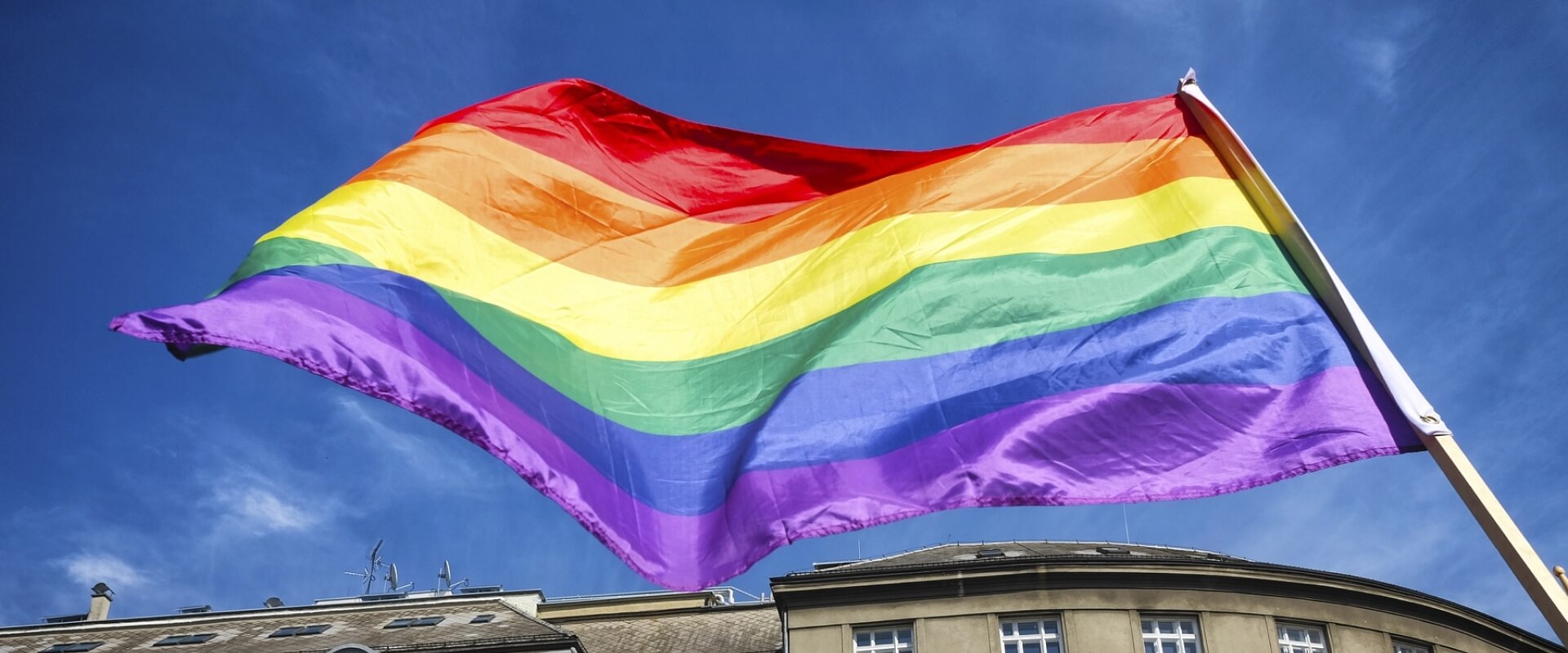
In this panel presentation, that occurred as a part of Voices in Time, Lives in Limbo, People’s Law Office attorney Joey Mogul provides troubling examples of the manipulation of gender stereotypes by prosecutors in order to sentence women to death. As 40% of women on death row are or have been accused of being a lesbian, Mogul offers a compelling argument regarding how the defeminization and consequent dehumanization of women defendants can lead to harsher sentences.
gender sexuality
The California Prison Focus Dignity for Women Prisoners Campaign
by Sara Olson
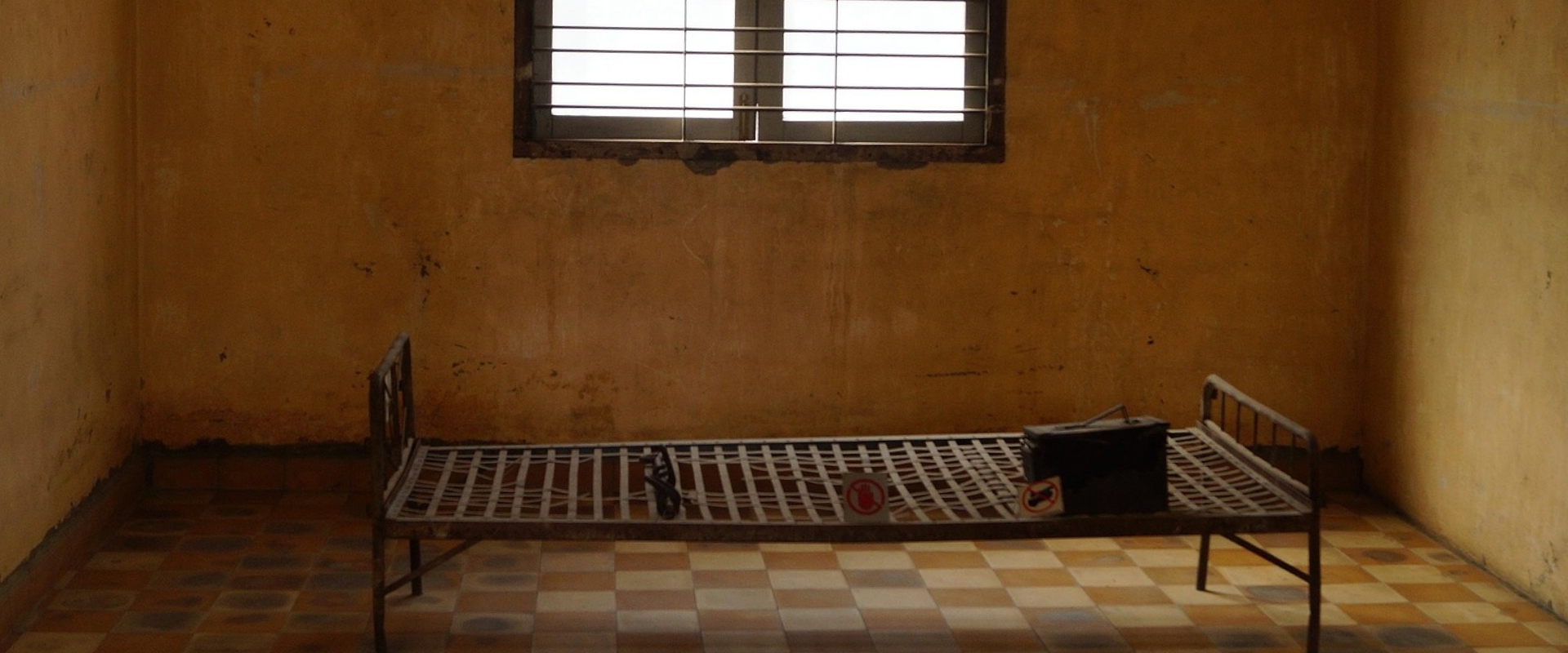
Since the looming demise of male searches became public knowledge here, male guards have been doing them more than ever. Guards who rarely search much now command, “Hey, get over here! Let me pat you down.” Why? Because they can. A virtual concentration-camp system has materialized in California and elsewhere, out in the middle of nowhere, erecting these prisons out of sight and out of mind.
gender public-policy racism sexuality
Where Abolition Meets Action: Women Organizing Against Gender Violence
by Victoria Law

The last decade has seen a growing movement toward abolishing prisons. At the same time, antiviolence organizers have called on prison abolitionists to take the issue of gender violence seriously and to develop initiatives to address it in the context of prison abolition. Fueled by increasing recognition that women of color, immigrant, queer, transgender, poor, and other marginalized women are often further brutalized – rather than protected – by the police, grassroots groups, and activists throughout the world, are organizing community alternatives to calling 911. Such initiatives, however, are not new. Throughout history, women have acted and organized to ensure their own and their loved ones’ safety. This article, which originally appeared in the journal Contemporary Justice Review, examines both past and present models of women’s community self-defense practices against interpersonal violence.
abolition activism gender sexual-violence
Girl-on-Girl Violence Hearing Testimony
by Laurie Schaffner

In this article, created as testimony for hearings into the “problem of girl-on-girl violence” held in Chicago, Schaffner challenges the idea of rising violence among girls and makes concrete suggestions about ways we can support girls.
gender public-policy youth
The Condition in Women's Prisons
by Sara Olson
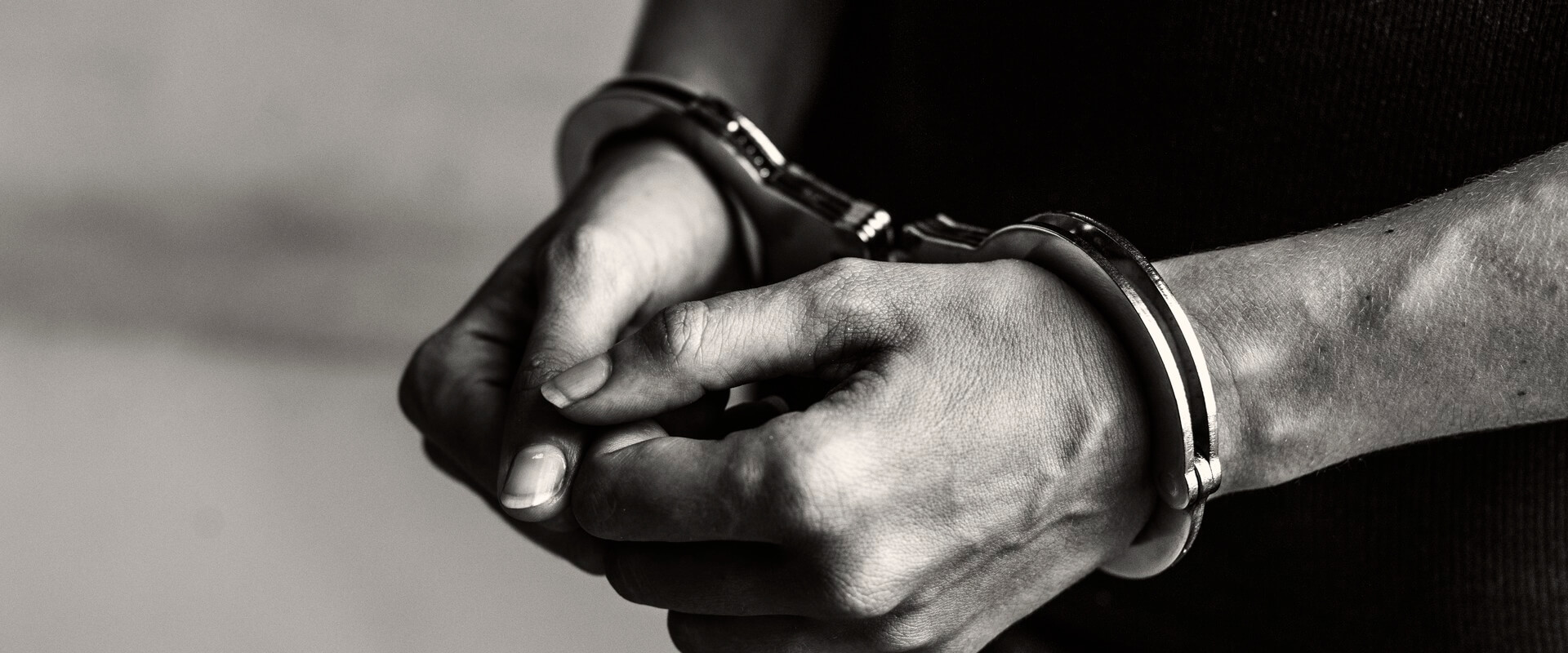
Today in California, there are 22,000 women, inmates and parolees, whose convictions are for, on the whole, non-violent and drug-related crimes. Women normally plea-bargain their cases. Even for violent crimes, we are usually sentenced as aiders and abettors. Because we are fallen women, our sentences tend to be longer than those for men convicted of the same crimes. When it comes to murder, women primarily kill abusers who have been torturing them for many years. Public financing for women’s prisons is money misspent.
abolition activism gender movement-building prison-life prison-industrial-complex public-policy
Environmental Essay
by Sara Olson

The systems of federal and state and corporate imprisonment, the Prison/Industrial Complex, are growth industries in the United States. While there has been much attention worldwide to the human rights travesty of massive American incarceration, criticism has brought no reduction, only growth in the numbers. Incarceration is aimed at a certain group of people Blacks, Latinos, and the poor.
abolition activism gender movement-building prison-life prison-industrial-complex public-policy
The Intersectionality of Race, Gender, and Reentry: Challenges for African-American Women
by Geneva Brown
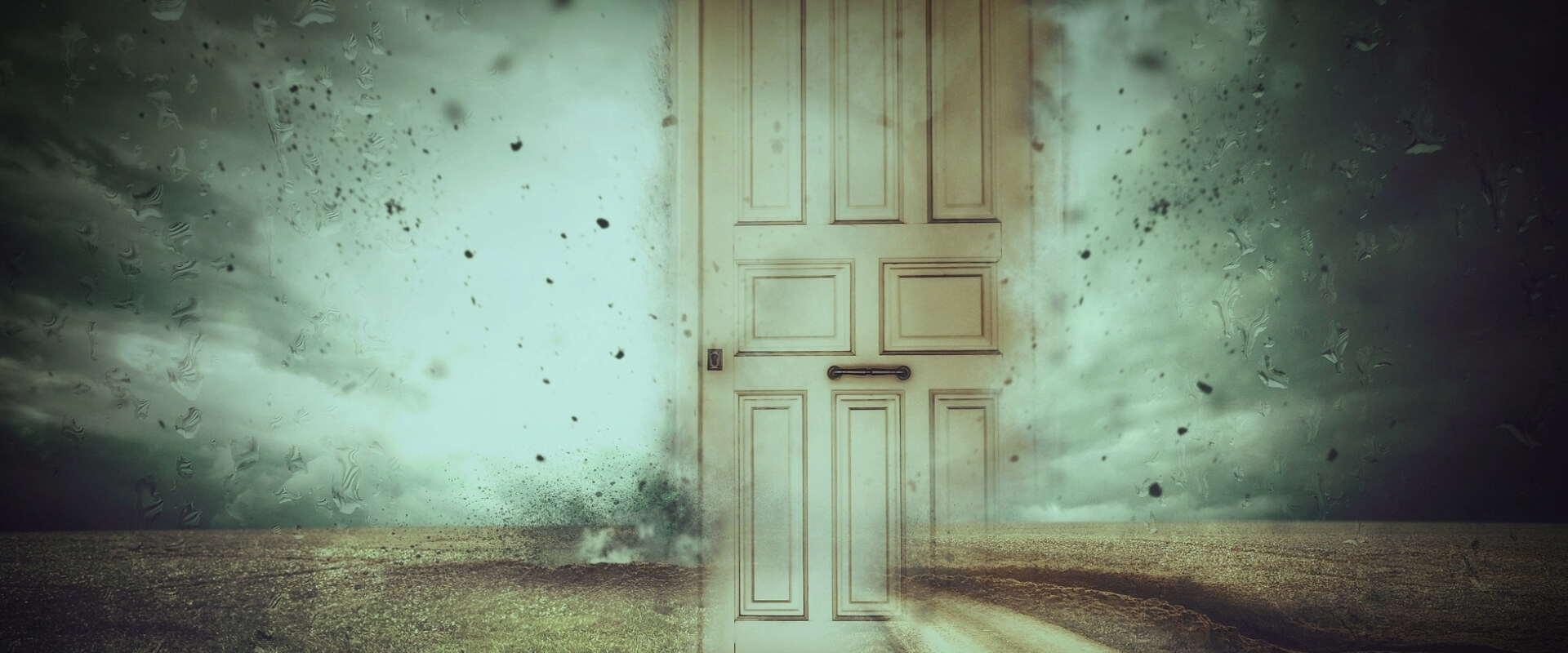
Challenges faced by African-American women reentering society.
children-of-prisoners family gender health housing-and-homelessness public-policy racism reentry
Beyond Gender-Specific Intervention: Theory-driven Praxis
by Laurie Schaffner

Laurie Schaffner’s essay challenges the ways that juvenile justice programs aim to help girls by working in ‘gender responsive’ ways. She claims these programs often do little besides training young girls to ‘have manners’ and ‘talk about their feelings,’ as opposed to critically understanding the ways in which gender functions. Schaffner suggests that gender-specific interventions should be responsive to young women’s lived realities, including experiences of racism and poverty.
gender juvenile-justice public-policy
Excerpts from 'Release: Women in prison write about self-harm and healing'
by Leah Thorn
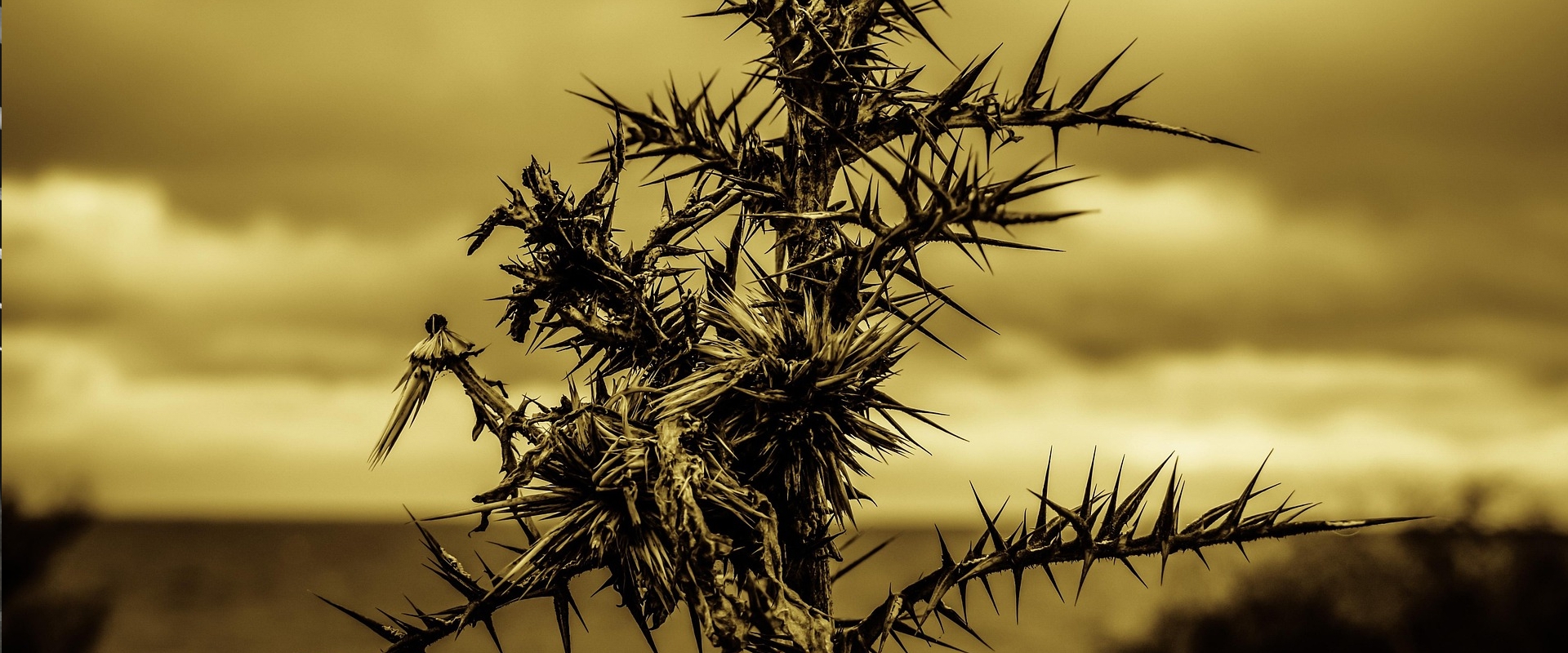
This book was written for you. Of course, I don’t know who you are and the women who wrote the poems and life stories in this book don’t know you personally. But we decided it was important to share what some women have thought and felt about their lives and about self-harm, in the hope that their experiences will mean something to you. And whatever your relationship to self-harm might be, maybe these women’s words will encourage you to write your own story. Writing can be a good way to explore, and show, what’s going on inside of you. As Anne-Marie, one of the poets in this book, told me, ‘Writing helps me make sense of my emotions, helps me understand how I feel. It helps me communicate and offload’. And as Anne Frank* wrote in her diary, ‘Paper is more patient than people’. The piece of paper you write your thoughts on won’t tell you that you’re stupid, wrong, or ‘crazy’ and it won’t say, 'That didn’t happen' or 'You didn’t see that'.
With poetry, you can express your thoughts and release your feelings in a very few words. It can help you reach out and feel less alone. And because so many women have had the reality of their experiences denied or ignored, writing your life story can be a way of putting the record straight and taking charge of your life.

